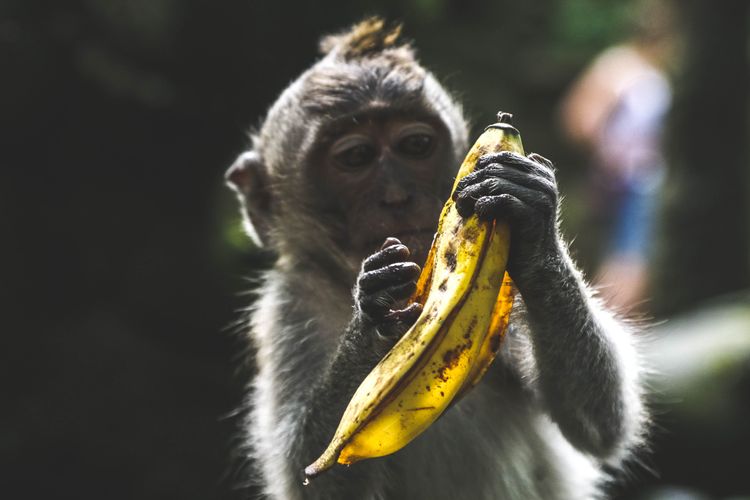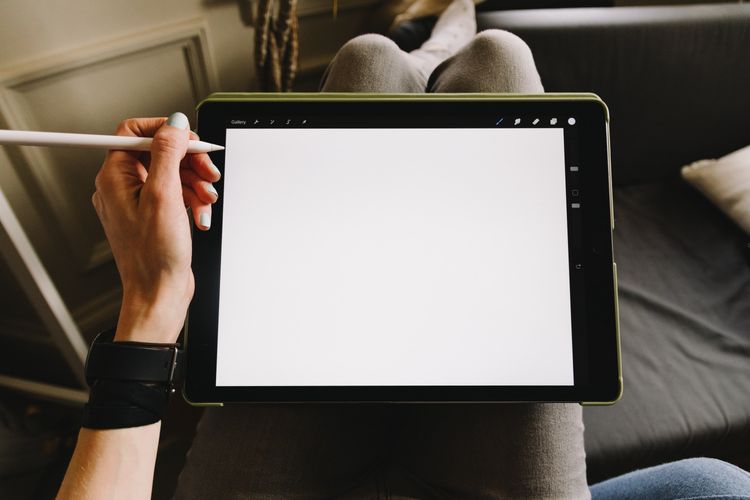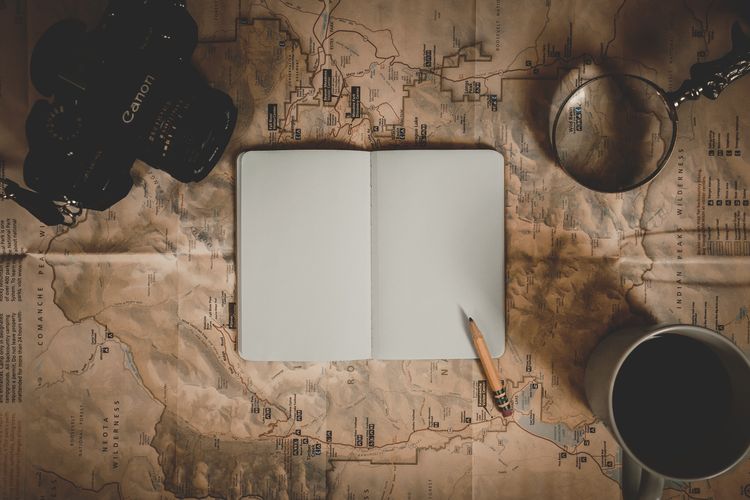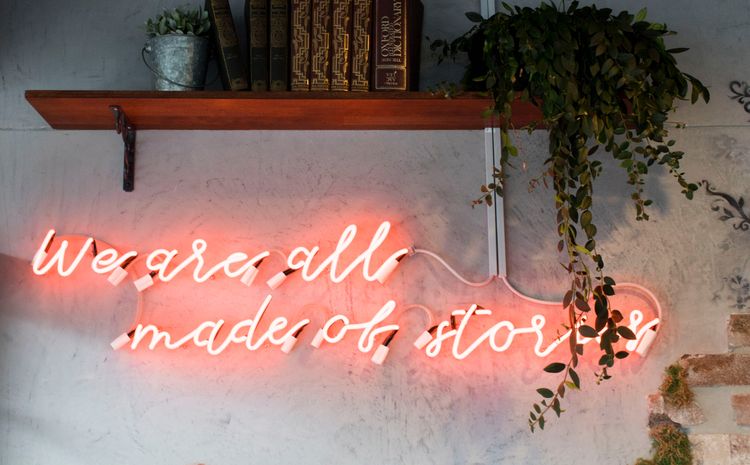Freedom of identity.
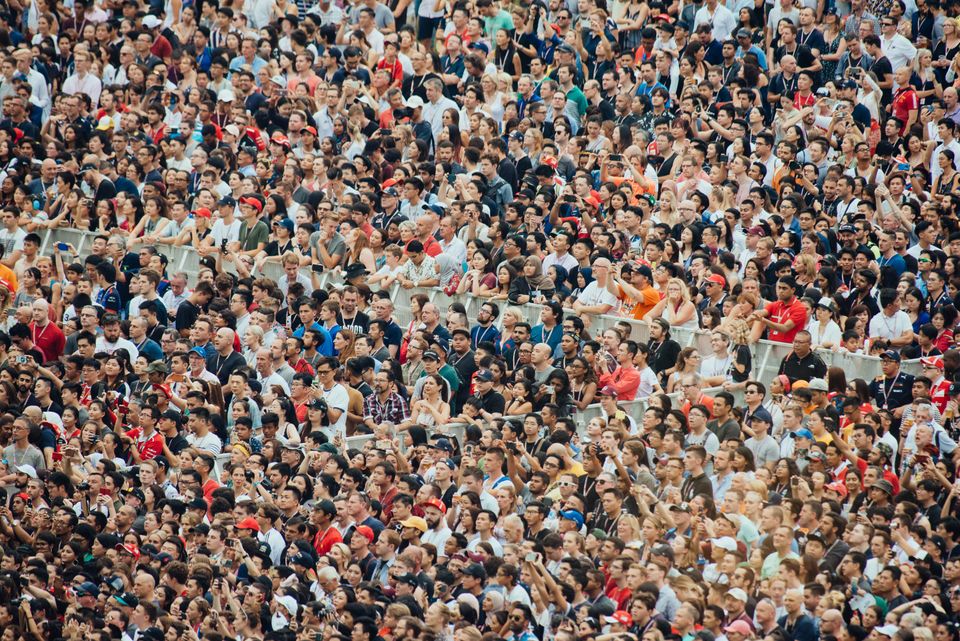
We are all a multitude of identities,
and we are more than any one identity.
When was the last time one of your identities was threatened? Maybe there has been federal regulation trying to limit your expression of freedom. Maybe a friend or family member said something that made you question who you are or what you want to be in the world. Maybe there was an event in your personal life that made you choose to do something to defend yourself.
We all carry around a hierarchy of identities, most of which we don't even recognize. The easiest way to recognize an identity that we hold dearly is to have it personally threatened or to experience anger based on others actions.
For example:
A stranger throws a piece of trash out their window. You get angry because you identify as an environmentally conscious and responsible person.
Texas bans abortion. You get angry because you value the right to choose and understand the complexity of that choice.
Someone cuts ahead of you in line. You get angry because you are a rule follower and were patiently awaiting your turn.
No one goes around introducing themselves as an environmentally conscious, responsible rule follower who values the right to choose. It is much easier to identify with your career, your relationship, or maybe your religion or sports team. But each of us contains a multitude of identities.
Our identity becomes most painful for us when we are reduced to a single identity. When our whole life starts to revolve around our job, gender, religion, race, sexual identity, or citizenship status. When others reduce us to a single identity, it can feel like the world is against us. Something that we consider to be a source of self and pride is twisted by others to be described as shameful and perverse. At those moments, it is hard to see past this single identity that has become the center of our being.
What is interesting about the pain we experience when one of our identities is attacked is that we are the one holding the identity up for attack. It is our clinging to that identity as who we are that makes it painful for us. But we are not that one identity, we are a multitude of identities. We are more than that.
This might seem dismissive of the real difficulties that marginalized groups face on a day to day basis. People all over are treated poorly, disrespected, their dignity stripped from them, based on one aspect of their identity. We know they are more than that one identity, and yet we treat them as if that is all that matters. They are more than that.
And that is our shared ground. That is what we all have in common. In an interconnected world, none of us stands in isolation. We share so much in common with the people that attack us. They share so much in common with us. Understanding this opens the doorway to drawing on the strength and power of our shared identities, building bridges where none seem possible. The easiest way across a deep divide is rarely getting the other side to jump across, you need to build bridges or find a way for people to cross back and forth safely.
The more we can recognize that we are more than any one identity, the more likely that we can recognize that we share many things in common with others.
Who we are includes and transcends all of our identities. Who we are is not one thing, but many things. Letting go of our narrow conception of who we are, we can embrace the larger scope of our being. Letting go involves loss as well as gain. We leave behind fixed identities, and embrace the multitude.
As we clarify who we are, we let go of our misconceptions.
As we let go of the illusion of a fixed self, we arrive with clarity at who we are.
As we lose our vagueness about who we are and what we value, we become more present and available to work with things as they are.
This clarity gives us a sense of power, the power to choose, the power to act. It is with this clarity that we discover freedom, freedom from limiting conceptions, freedom to choose a path forward, and freedom for our own and others benefit.
